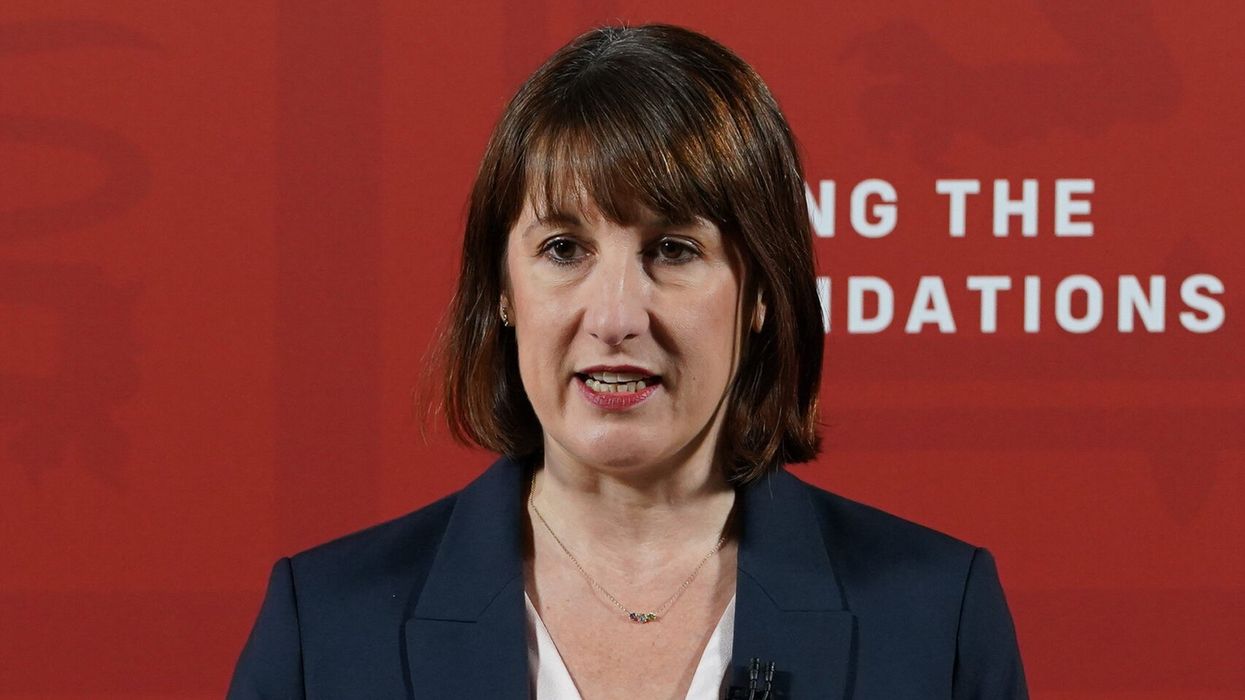CHANCELLOR Rachel Reeves stated that the country’s finances were now stable following her October budget, adding that her future focus would be on reducing taxes and cutting regulation.
“Now we have wiped the slate clean,” Reeves said, referring to the October budget.
She was speaking on Wednesday at the World Economic Forum’s annual meeting in Davos, Switzerland.
“My instinct is to have lower taxes, less regulation, make it easier for businesses to do business,” she added.
Reeves also gave her clearest signal yet of support for expanding London’s Heathrow airport, emphasising that driving economic growth was a top priority.
Addressing a question on airport expansion during a Bloomberg event at Davos, she said, “When we say that growth is the number one mission of this government, we mean it, and that means it trumps other things.”
Reeves further commented on the recent resignation of the chair of the country’s antitrust regulator, stating that the decision aligned with the government’s strategic direction on regulation.
“He recognised that this government has got a different strategic approach when it comes to regulation, and he recognised it was time for him to move on and make way for somebody who does share the mission and the strategic direction that this government are taking,” she said on the sidelines of the Davos meeting.
(With inputs from Reuters)




